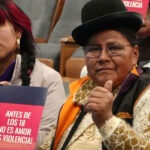
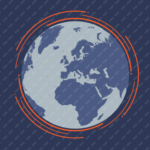
For nearly two decades, Ipas Zambia has worked closely with the Ministry of Health to reduce maternal deaths caused by unsafe abortion and to expand access to safe abortion services nationwide. However, despite the progress made, persistent and emerging challenges, including the growing impact of climate change, continue to affect sexual and reproductive health and rights (SRHR).

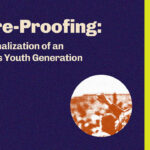
The report, Future-Proofing: The Professionalization of an Anti-Rights Youth Generation, examines the recruitment, funding, coordination, and mobilization of young people within anti-rights movements.
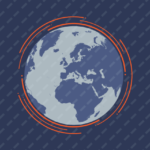
In a historic milestone for the continent, G20 leaders convened in South Africa in November 2025 for the first ever summit hosted in Africa. Against the backdrop of increasing economic, social and political crises, the world’s leading platform for economic collaboration focused on promoting solidarity, equality, and sustainability as key pillars of inclusive growth.
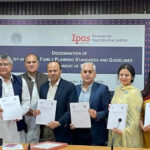
Access to family planning after an abortion is a vital part of comprehensive reproductive health care. Clinical studies have shown that fertility can rapidly return following an abortion. But access to such care has not been widely available to women in Pakistan.

Ipas’s Dr. Demeke Desta shares what it was like before the law changed—and the progress he’s seen since.
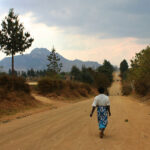
The High Court in Malawi has ruled that adolescent survivors of sexual violence have the right to access abortion services in both public and private health facilities. Previously, abortion was only legally permitted to save a pregnant person’s life.

Together, we expanded reproductive freedom. With support from donors and partners, Ipas brought lifesaving reproductive health care to almost 2.5 million people at over 10,000 health access points across 24 countries. And we reached millions more with essential information about reproductive health.
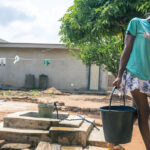

Everyone deserves the freedom to decide whether and when to become pregnant. When people don’t have access to contraception and accurate information on family planning, they have less control over their lives and futures. But of the 923 million people in low- and middle-income countries who want to avoid pregnancy, 218 million lack access to modern contraceptive methods due to barriers like cost, limited services, misinformation, provider bias, and gender inequality.

